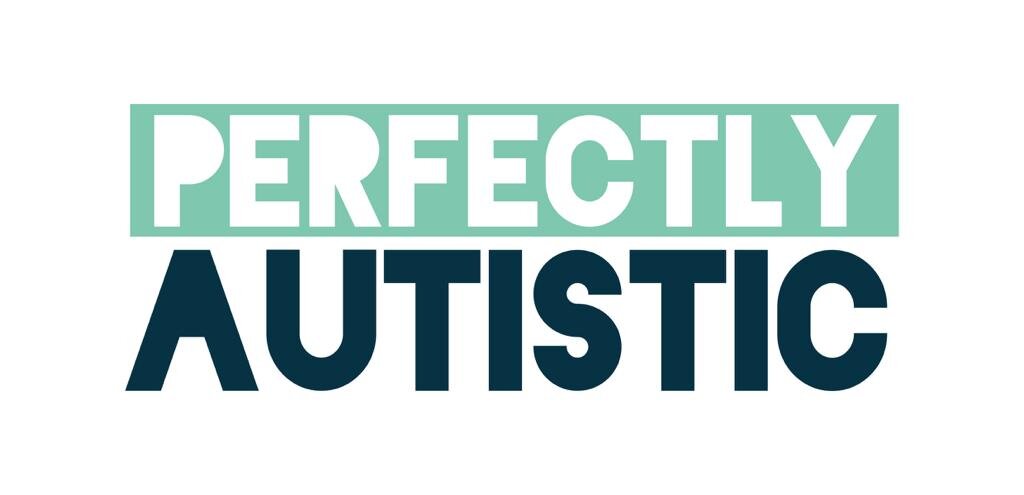GUEST BLOG - The Autism Friendly Cookbook by Lydia Wilkin
UPDATE - THE BOOK IS NOW IN PRINT! You can buy it from Amazon, Waterstones and other good book shops! You can also follow Lydia and read more of her work over on Substack.
As we come out of the Covid 19 pandemic in an effort to find some semblance, or at least forge a sense, of normality, it feels really strange to be writing this guest blog post. A pandemic defined my shonky government communication devoid of any empathic common sense gave away to a lot of free time for us all, in the end. I never intended to write book(s) - having viewed that as something ‘proper’ journalists do, the domain of those I’d admired for years as a child and a teenager.
Being undiagnosed at school
It started with the cooking - the preparation of food, the deciding of where and when to eat. While at secondary school my autistic hallmarks had particularly manifested during the lessons designed to ostensibly teach the basics of any kitchen. I hated these lessons with a passion. Remaining undiagnosed as an autistic student for a significant amount of time did not help; the lag between assessment and being officially diagnosed was too late to optimise any potential additional help, either.
A kitchen is not exactly accessible to autistic individuals; there is a host of sensory issues to contend with including sound, along with the inflexibility of teaching purported within the education system, too. When a mistake was made, I found, this was seemingly like the end of the world to everyone around me - enough that I was made to cry on several occasions, too.
Ableist service
Between the first and second lockdown in the UK, I was made aware that I was eligible for Personal Independence Payment (PIP), a kind of disability benefit. This is notorious, however, for being an incredibly ableist service; stories litter newspapers every so often of the hoops having to be jumped, denials on the most ridiculous of points which have no legal merit or standing. Once you go through the first two stages, you’re left having to go to a tribunal to prove you should have been granted your claim - and most denials are overturned at this point.
The application and second stage was beyond stressful - enough to the point of having to ask relatives for character statements, in support of having to prove I am disabled ‘enough’ by being Autistic for a tiny sum of money each month. To be able to speak semi fluently - never mind my flat tone, scripting, odd speaking pattern, and other issues - must ostensibly mean I am ‘able’. Both stages said I could ‘just learn’ particular skills - such as how to cook. If I can ‘just learn’ - which I can’t anyway - I must therefore be able to ‘learn’ how not to be autistic. I knew this would go to tribunal from the day I sat down to apply for the benefit - and I should have gambled a sum of money, given how many individuals wished to tell me that would not be the case. I’d be a very rich woman by now.
Just learn to cook
The more I looked at the ‘just learn to cook’ line, the more it seemed to me there was something amiss. Cookbooks I googled often had ‘junk science’ claims - often along the line of ‘cure your disability, eat this super healthy food and stop poisoning yourself!’ At other points cookbooks would just be inaccessible, given the language used, or even just because the duration they’d take was not a true reflection from start to finish. Reading between the lines would be often required. The more I asked contacts, friends, family about this, the more the frustration was clear - especially when it came to lacking awareness of sensory issues, and how to adapt. This was the sort of thing that kept me up at night into the early hours, scribbling in a notebook until the pen bled dry. There had to be a way to unpick this - or at the very least start to give individuals the words they needed to articulate what they needed.
So, I pitched this as part of an online proposal - not thinking much of it, going on to forget about such an idea. In February 2021 I’d officially signed on to write the book - 100 recipes total, with illustrations from Emily of @21andsensory. There’d be a key to each recipe for sensory and dietary needs, along with adapted language and durations, as well as information for parents, guardians, and teachers.
Inclusion matters
Almost every single person involved is disabled/neurodiverse, down to the photographer who took my headshot for the book! That was important to me to insist upon, too, given often lacking representation; it was time for the Autistic individuals to speak for themselves, and to be facilitated in that manner. Asides from a month off due to illness, and editing all throughout January of this year, it took 10 months to put together - and
The Autism Friendly Cookbook will be out on November 21st this year and the team at Perfectly Autistic has a recipe in it too.


